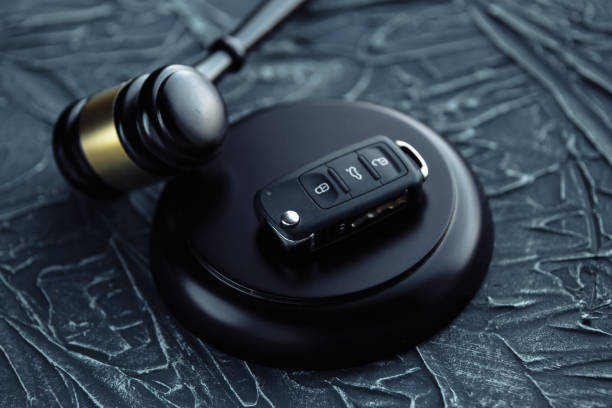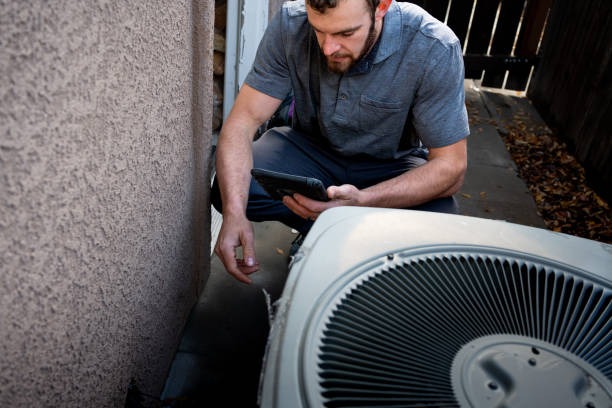Your computer is an essential tool in your everyday life. Whether you use it for work, studying, gaming or just browsing the internet, its performance significantly affects your productivity and overall digital experience. However, like any other machine, computers can also wear down over time. They may start showing signs of distress before finally breaking down completely. To prevent this from happening, it’s crucial to recognize these warning signs early on and take appropriate measures.
The first sign that something might be wrong with your PC is frequent crashing or freezing. This could happen while you’re working on a document, playing a game or even when the computer is idle. It usually indicates that there’s not enough memory available to run applications smoothly or there might be software conflicts causing instability.
Secondly, if your PC has been slowing down significantly lately – taking longer than usual to boot up or load programs – then it could be begging for help too. Slow performance can be caused by several issues such as insufficient hard drive space, fragmented data or outdated drivers.
Thirdly, unusual noises coming from your PC are another cause for concern. If you hear grinding sounds from the hard drive area or fans running at high speeds all the time, these could indicate hardware problems like overheating components which need immediate attention.
Fourthly, frequent error messages popping up on screen are another clear indication of trouble brewing inside your PC. These errors may relate to missing files required by certain programs to run properly; corrupt system files causing instability; hardware conflicts due to incompatible devices connected; among others.
Lastly but importantly: if you notice that some applications are not functioning correctly anymore – they either don’t open at all or crash soon after launching – this could signal serious software corruption possibly caused by malware infection which needs urgent cleaning find out everything.
Ignoring these warning signs will only exacerbate the problem and potentially lead to total system failure eventually leaving you with no choice but repair costs far greater than what preventive maintenance would have cost. Therefore, it’s wise to heed these warnings and take action as soon as possible.
You can start by running a full system scan with an updated antivirus program to rule out malware issues; cleaning up your hard drive by deleting unnecessary files and defragmenting it; updating all drivers and software applications; ensuring there’s adequate ventilation around your PC to prevent overheating. If the problem persists after trying these remedies, then consider seeking professional help from a reliable computer repair service.
Remember: your PC is like any other machine that requires regular maintenance for optimal performance. So, pay attention to its distress signals and act promptly to keep it running smoothly for longer.




